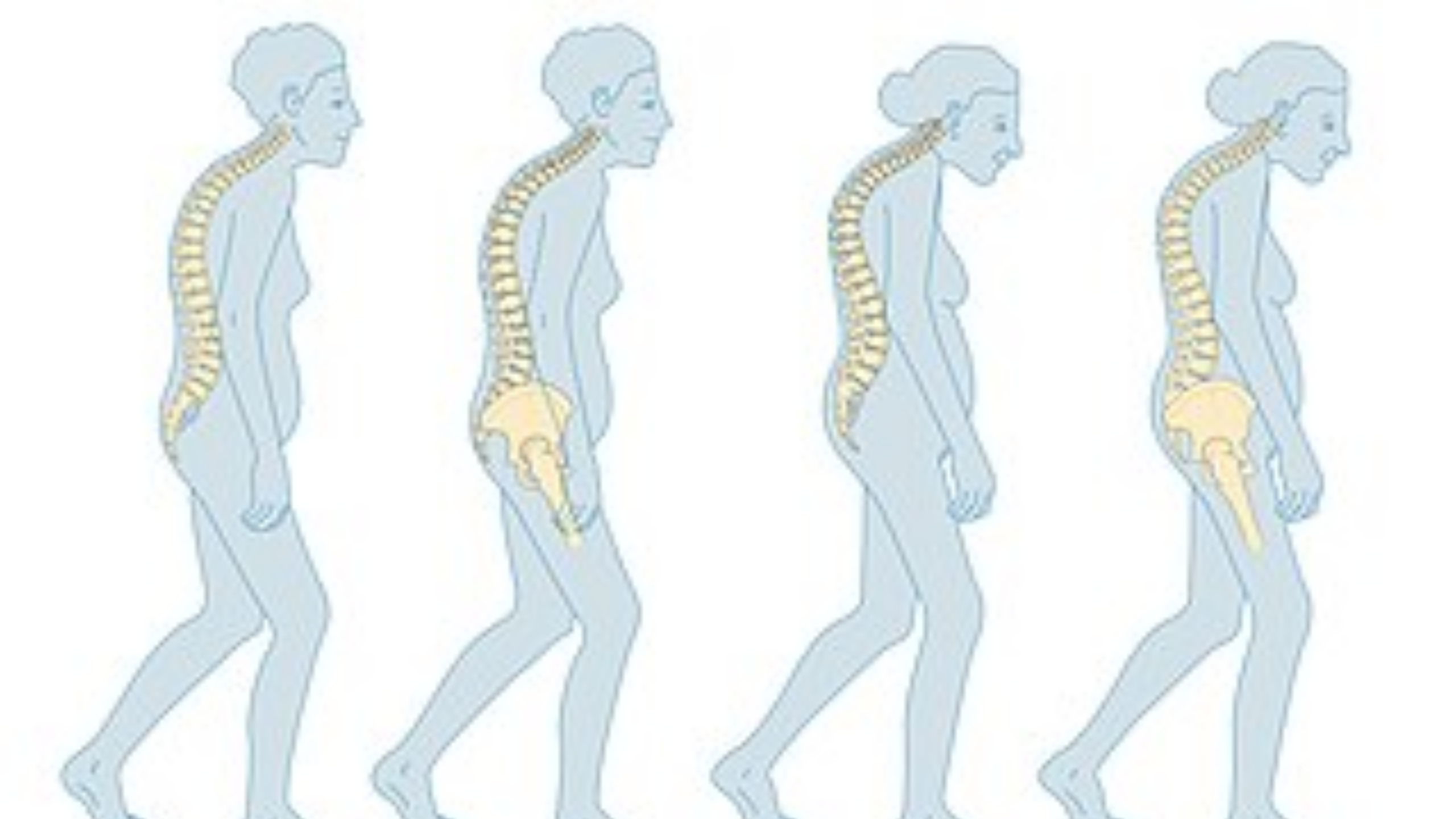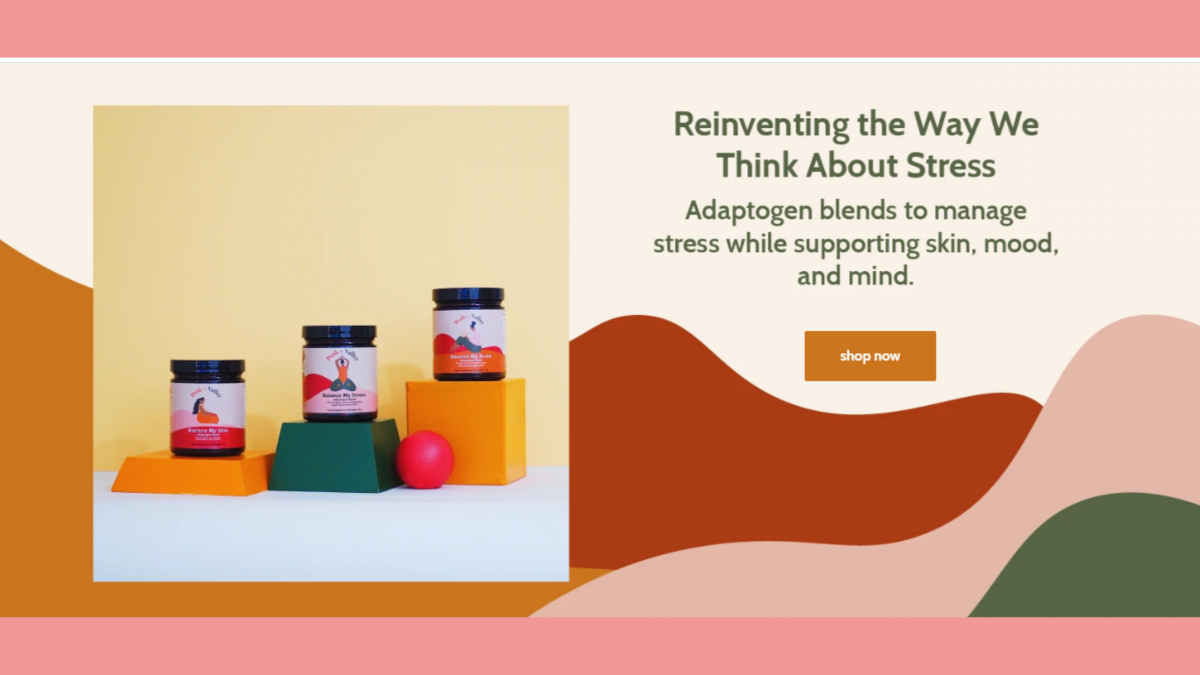The Secret To Reversing Osteoporosis
Protect Your Bone Health

It's important to consult your doctors with any medical concerns, and before making any changes or adding supplements to your health plan.
Do you suddenly experience severe back pain when you're walking or just standing in place? Do you get some relief when you lie down.? Do you feel pain when you're bending some parts of your body and you have trouble twisting?
These symptoms are not normal. In fact, they correlate to the symptoms of someone with osteoporosis.
It is estimated that almost half of all women will have osteoporosis by the age of 60. One in 5 women will get a hip fracture in her lifetime, and 50% of them will need mobility aid devices to walk again.
Men are not invulnerable to this problem. 30% of osteoporosis occurs in males, and 50% of men who suffer from hip fractures will die within one year.
Osteoporosis is behind more than two million fractures each year, and this number keeps going up. If you are at risk for osteoporosis, here are the secrets to reversing the weakness in your bones so you don't end up being a statistic.
What are the symptoms of osteoporosis?
This is often called a silent disease because there are no symptoms of osteoporosis. However, these are the signs you should watch out for:
- Getting shorter (by an inch or more).
- Having trouble catching your breath (smaller lung capacity due to compressed disks).
- Bone fractures.
- Change in posture (stooping or bending forward).
- Pain in the lower back.
Help! I have these signs, now what?
You can protect yourself and make fractures less likely by improving your bone density. These are some ways on how to prevent your osteoporosis from worsening and suppress it:
Drop The Fizz
Carbonated beverages like soft drinks, sparkling water, and champagne drain the calcium from your bones. These fizzy drinks also have excess phosphates, which cause even more calcium loss.
A Harvard study showed that half of their respondents were already showing bone loss as a result of excess soft drink intake. In teenagers, it was discovered that two or more cans a day were enough to cause significant bone weakening.
Cut Caffeine Out
Each cup of coffee or big mug of black tea that you drink makes you lose approximately 150 mg of calcium in your urine. If you think switching to chemically decaffeinated coffee is the answer, you better find another option because they contain harmful chemicals that interfere with the detoxification process.
If you cannot start your day without a dose of caffeine, naturally decaffeinated teas are a much better option, but you must still remember to increase your calcium intake by 150 mg for each cup you drink. Dairy or a heaping plate of dark, green leafy greens will do the job.

Let Sunlight In
Vitamin D deficiency is also a plague in our community. Vitamin D assists in calcium absorption for your bones to benefit from them. It is also crucial for strengthening your immune system, keeping depression at bay, and managing autoimmune disorders.
Vitamin D is made in your skin when you get out in the sun. The more distant you are from the equator, the less vitamin D you get. Find a way to open some of those windows or for you to spend some time out on your porch or veranda.
Lessen Protein Intake
Excess protein consumption creates acidity in the body, which results in calcium being lost in your urine. Most people need only 2 to 4 ounces of lean protein, thrice a day. The average American diet receives two to three times this much.
Eat more low protein food like fruits and vegetables with grains like rice and bread. Once or twice a week, you can choose to go vegan for the day and replace your meats with noodles with legumes like chickpeas or nuts.
Hormone Check
Excess levels of hormones like cortisol and insulin cause bone loss. Hormonal decline is one of the most prevalent reasons for bone loss after menopause. Andropause, the term for male menopause also causes bone loss in men.
Most physicians never check for these hormone levels. Too much-refined sugars and starches in your diet can cause elevated insulin levels while too much stress results in elevated cortisol levels.
Adequate levels of estrogen, progesterone, and testosterone are important for bone maintenance. Adaptogens are a classification of herbs and mushrooms that help modulate your body's reaction to stress by managing it's hormonal and physiological functions.
Adaptogens lower your stress threshold to support your adrenal glands that are responsible for hormonal balance. They are a win-win choice because you not only reduce the stress that will keep your cortisol levels in check but improved adrenal function will also help your body manage your estrogen, testosterone, and progesterone levels.



